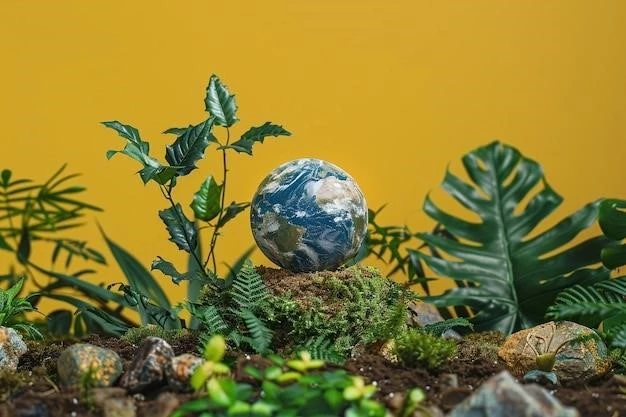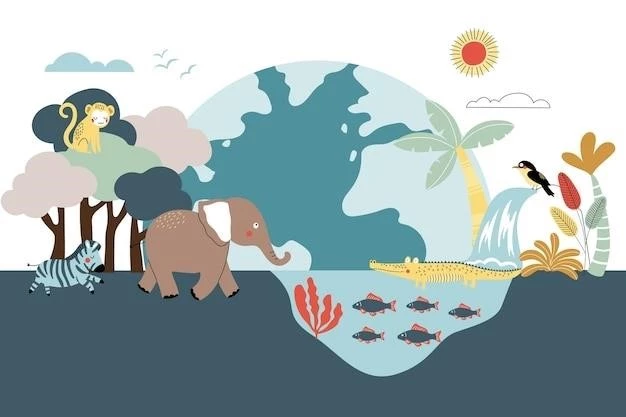The Challenges of Conservation in Developing Countries: A Personal Perspective
As a conservation enthusiast who has spent time working on projects in developing countries, I’ve witnessed firsthand the unique and complex challenges they face in protecting their natural heritage. While the importance of conservation is universally recognized, the path towards achieving it in these regions is often fraught with obstacles.

The Intertwined Realities of Poverty and Nature
One of the most pressing issues is the inextricable link between poverty and environmental degradation. I remember working in a small village nestled on the edge of a rainforest. The local communities, heavily reliant on the forest for their livelihoods, often resorted to unsustainable practices like slash-and-burn agriculture or poaching due to limited economic alternatives. They understood the long-term harm, but their immediate needs for survival took precedence. This highlighted for me the critical need for conservation initiatives to address both ecological and socio-economic realities.
Limited Resources and Competing Priorities
Developing countries often grapple with resource constraints, making it challenging to prioritize conservation efforts. During my time working with a local NGO, I saw how government funding for environmental protection was often dwarfed by allocations for infrastructure development or social programs. While these sectors are undeniably important, the lack of adequate financial and technical resources can severely hinder effective conservation measures.
The Shadow of Political Instability
Political instability casts a long shadow on conservation endeavors. In one instance, our team was forced to abandon a promising reforestation project due to escalating political unrest and violence in the region. Sadly, such situations are not uncommon. Fragile governance structures, corruption, and competing land-use interests can undermine even the most well-intentioned conservation initiatives.
Navigating Cultural Sensitivities
Effective conservation requires a deep understanding and respect for local cultures and traditions. I recall a project where a community resisted our efforts to establish a protected area because they believed it would restrict their access to sacred sites within the forest. This experience taught me the importance of engaging with communities from the outset, incorporating their perspectives and finding culturally appropriate solutions.

The Power of Education and Empowerment
Despite these challenges, I remain optimistic about the future of conservation in developing countries. I witnessed firsthand the transformative power of education and community empowerment. By working directly with local communities, providing them with the knowledge, skills, and resources to manage their own natural resources, we can create a more sustainable future.
My Personal Takeaways
My experiences have instilled in me a deep appreciation for the complexities of conservation in developing countries. It’s not simply about protecting nature; it’s about understanding the intricate web of social, economic, and political factors at play. It’s about finding solutions that work for both people and the planet. It’s about empowering local communities to become stewards of their own environments. And most importantly, it’s about recognizing that conservation is not a quick fix, but a long-term commitment that requires patience, collaboration, and unwavering dedication.










